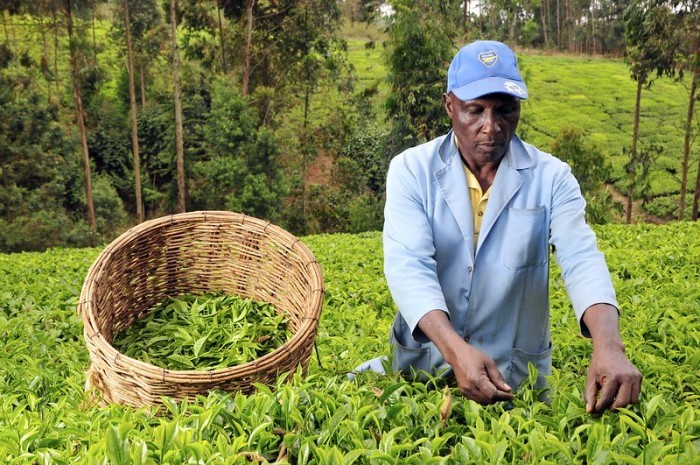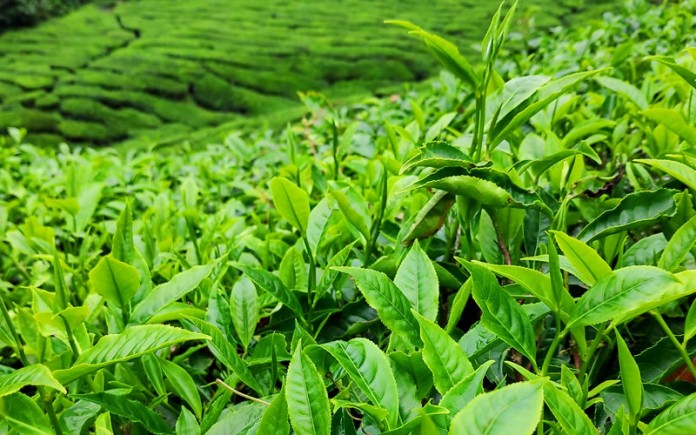Tea production in 2022 is expected to be lower than that of 2021.
Speaking during a Charity Tea auction in Mombasa, Brian Ngwiri, a Trade Development Manager at the East African Tea Trade Association (EATTA) attributed the low production to the lack of rain.
“Tea is rain-fed, we rely on rain. So when we have high rainfall you will find the volumes go up. In 2021 we did around 530 million kilos of tea. This year we will definitely not reach 530 million because as you can see, we are going through a dry spell,” said Brian Ngwiri.
Ngwiri says the low production will affect the prices.
“If we get 480 or 490 million kilos it will be alright, but you will see then the average price will go up because there is less tea available for exports so the prices will go up,” said Ngwiri.
2020 had the highest tea production at 560 million kilos. Ngwiri says Kenya’s production average is usually around 450 to 500 million kilos.
According to Ngwiri, other challenges the tea industry experienced this year, include the Russia-Ukraine war that affected the prices of fuel and fertilizer.
“Fertilizer is a major component when growing tea, and a lot of the fertilizer used in tea farming is sourced in Ukraine, so you can imagine the shortage that we encountered, but we were able to get other places to get the fertilizer,” said Ngwiri.

Tea traders are also facing challenges in terms of policies and processes when it comes to tea trade.
Also read: Tea traders want government to review law on mandatory tea auction in Mombasa
Traders want the government to come up with a national tea policy and streamline the government’s post-export bureaucratic processes.
“You know the way the tea auction works is that when you buy tea you want to ship it out as soon as possible so that you can get paid and buy more tea the following week. So if we make the process complicated then that will require people to borrow money from banks to be able to participate in the auction and you will find most traders do not want to borrow money to participate in the auction because the margins for tea are very very small,” said Ngwiri.
“They do not make shillings per kilo, they actually make cents, so they make money by selling huge volumes not high margins, so for that reason, they would like agencies like KRA, KEPHIS, KEBS, to streamline their processes so that it is faster to get your shipment and get paid so that you can participate in the next auction,” he added.













